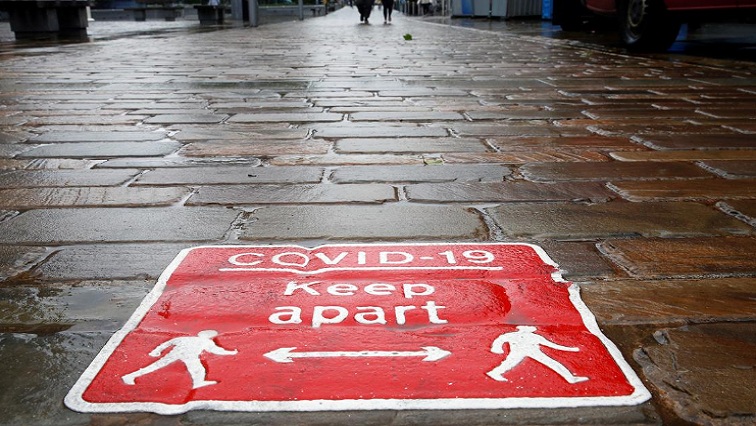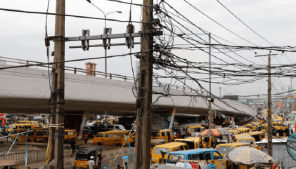Dozens of emerging and frontier markets are likely to face mass protests in the coming months as lockdowns imposed to control the coronavirus pandemic ease and the dire economic impact of the virus hits home, according to new research.
Thirty-seven countries are at risk, mostly concentrated in Africa and Latin America, including Nigeria, Democratic Republic of Congo, Ethiopia, Venezuela and Peru, said global risk analysis company Verisk Maplecroft. Congo and Ethiopia, as well as Belarus, Bulgaria and Serbia in Europe, are among countries to have been shaken by protests in recent days as dissatisfaction with governments boils over.
This follows a drop in unrest in emerging and frontier markets in March, according to Armed Conflict Location & Event Data (ACLED), after the widespread introduction of lockdowns.
The International Monetary Fund has forecast growth in emerging markets and developing economies will shrink by 1% in 2020.
Verisk Maplecroft said the outlook was particularly concerning for frontier and emerging markets where the post-pandemic economic picture is bleak.






